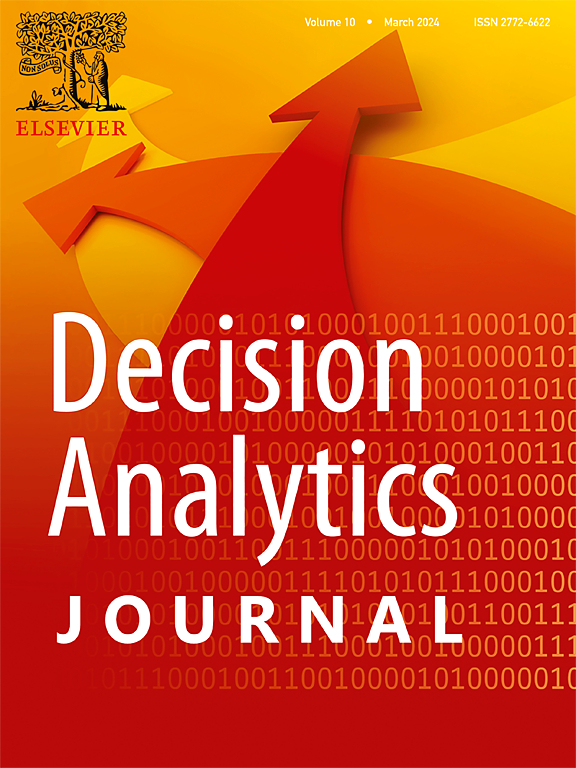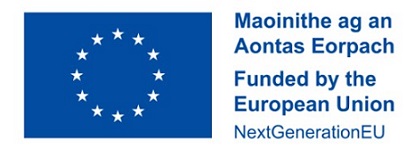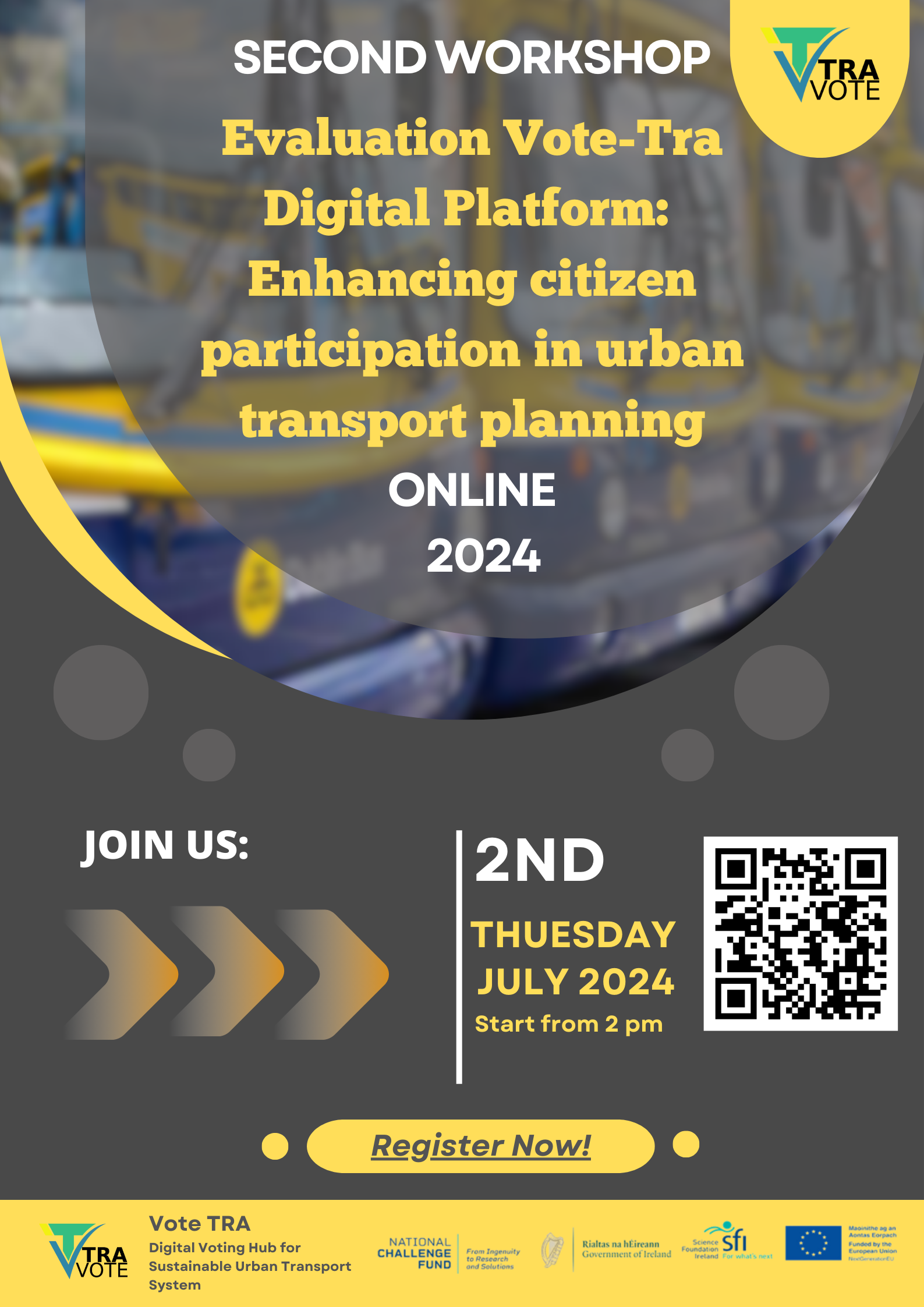Vote TRA
Digital Voting Hub for Sustainable Urban Transport System
This project funded by Science Foundation Ireland (SFI)
Proposal ID: 22/NCF/DR/11309

The European Union encourages Member States to adopt Sustainable Urban Mobility Plans (SUMP), foreseeing a direct and continuous involvement of all the relevant stakeholders from the beginning of the planning process. Citizen involvement in decision policy has an efficient impact on transport sustainability and city livability and it considers the key factor for innovation in urban and transport planning. The key question is how to enable citizens to participate directly in decision making process for improving transport system?
Stakeholder Interview
Dear Stakeholder, please use the following link to schedule an interview date for discussing the current challenges of the transport system in Ireland:
Stakeholder Interview
Dear Stakeholder, please use the following link to schedule an interview date for discussing the current challenges of the transport system in Ireland:
Citizens are the focal point of improving urban transport systems. They are important because they can depict the actual demands and expectations of the passengers. When we involve the citizens in the decision-making process, we guarantee adopting more efficient outcomes.
We propose creating a digital voting hub to make the participation process for evaluating and developing the transport system in urban areas more efficient, flexible and demand-based. Allowing citizens, the option to vote through the digital voting hub increases voter turnout and considers the actual expectation of passengers.

Vote TRA generates more transparent processes favoring sustainability and democratization
Among the variety of techniques that can be employed for participatory decision support, one can recall focus groups, workshops, public conferences, in-depth interviews, and citizen juries. However, we propose creating a digital voting hub to make the participation process more efficient, flexible and demand-based for evaluating and developing the transport system in the urban area. Providing citizens with the option to vote through the digital voting hub, increases voter turnout considering the actual expectation of passengers. Moreover, in the evaluation process, several stakeholder groups will be participating and the real demand for each stakeholder will be spotted. Furthermore, complex transport decisions requiring the evaluation of multiple and heterogeneous aspects (e.g. environmental, social, and economic) need to be tackled with a multicriteria approach. As our approach is a participation-based process that employs multicriteria decision-making (MCDM) methodology and location-specific characteristics, we anticipate that various stakeholders will be involved in various phases through the digital voting hub.
Workshops organised by Vote TRA
Paper published by Vote TRA

A novel best-worst method and Kendall model integration for optimal selection of digital voting tools to enhance citizen engagement in public decision making
Sarbast Moslem, Muhammet Deveci, Francesco Pilla
Meet Vota TRA Team



Vote TRA Funded by




Contact Us












